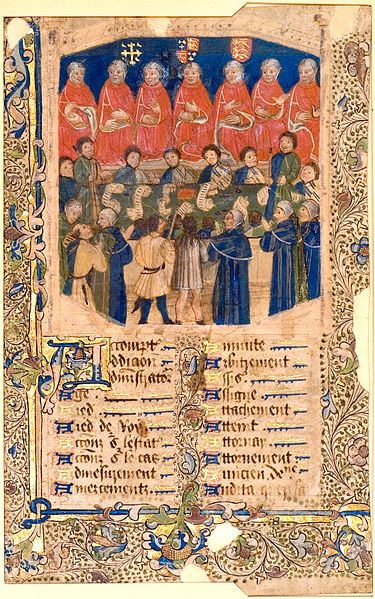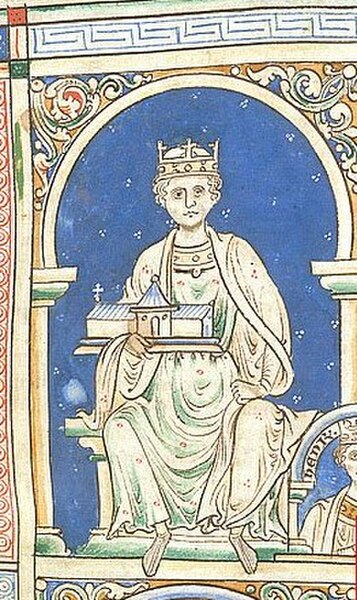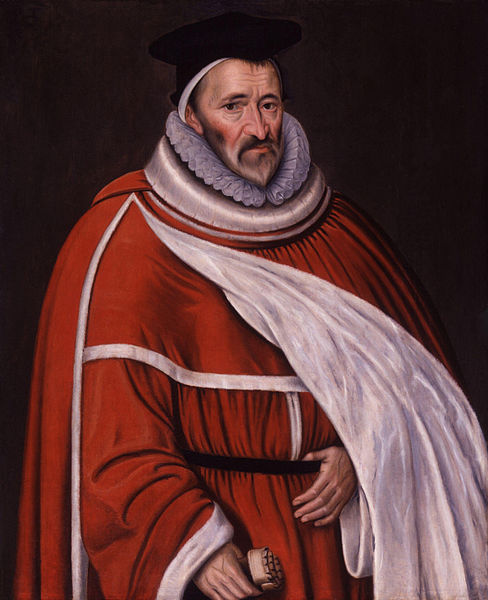Chief Justice of the Common Pleas
Videos
Page
The chief justice of the common pleas was the head of the Court of Common Pleas, also known as the Common Bench, which was the second-highest common law court in the English legal system until 1875, when it, along with the other two common law courts and the equity and probate courts, became part of the High Court of Justice. As such, the chief justice of the Common Pleas was one of the highest judicial officials in England, behind only the lord high chancellor and the lord chief justice of England, who headed the King's Bench.

John Coleridge, the last Chief Justice of the Common Pleas

Sir Edward Coke, a famed jurist whose judgements included seminal cases in corporate and competition law and the creation of judicial review

Sir Orlando Bridgeman, who tried the Regicides of Charles I

Sir Nicholas Conyngham Tindal, who successfully defended Queen Caroline on charges of adultery in 1820
Court of Common Pleas (England)
Videos
Page
The Court of Common Pleas, or Common Bench, was a common law court in the English legal system that covered "common pleas"; actions between subject and subject, which did not concern the king. Created in the late 12th to early 13th century after splitting from the Exchequer of Pleas, the Common Pleas served as one of the central English courts for around 600 years. Authorised by Magna Carta to sit in a fixed location, the Common Pleas sat in Westminster Hall for its entire existence, joined by the Exchequer of Pleas and Court of King's Bench.

A 15th-century manuscript showing the Court of Common Pleas at work. The image shows pleaders and clients standing in front of seven Justices, and below them, their clerks

Henry II of England, who was originally thought to have created the Court of Common Pleas through a royal decree in 1178

Sir Edmund Anderson, the conservative Chief Justice of the Common Pleas who brought the Common Pleas and King's Bench into conflict over assumpsit.

The Court of Common Pleas in 1822